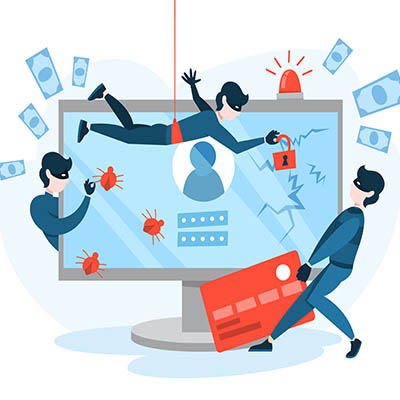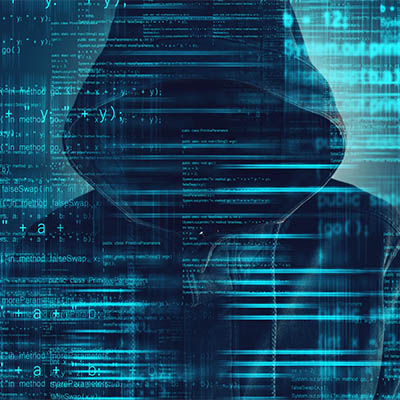Business technology can be a complicated topic, and with it appearing in more and more aspects of daily operations, it is important for organizations of all sizes to be sure that they have a complete understanding and awareness of how they put their IT to use. These considerations make it imperative that certain best practices are made part of your standard operating procedures… and for this to be accomplished, company leadership will need to lead by example.
Remote work is a lot harder than it sounds, which took many workers by surprise when lockdowns suddenly made working from home the safest way for many companies to operate. As weeks and months have passed, there has been a growing tendency for these newly-remote workers to (putting it mildly) explore their other employment options… something that doesn’t bode well for your operations.
Everyday life relies on software to keep going, a phenomenon that is perhaps most visible in the business environment. Unfortunately, it is this software that can prove to be the point of egress that attackers need to your network. Let’s consider a commonly overlooked aspect of IT maintenance—patch management—and why it is so crucial to a business’ operational success.
It’s not a secret that we spend too much time on our phones, sitting in front of the computer or television, or just looking at screens in general. You don’t have to go out of your way to find commentary on the subject. What you might find interesting is that there have been an increasing number of studies that have consistently shown that the amount of notifications a person receives is directly related to their productivity; or, lack thereof.
Here’s the thing: even if your password policy is airtight and perfectly followed, relying on passwords alone isn’t enough anymore to secure your business. Some of today’s threats are just too capable of cracking them. In order to really preserve your business’ security, most security professionals (like us) recommend implementing two-factor authentication—however, it pays off to consider your options, and how much (if any) added security each has to offer.
Data is one of—if not the—most essential resources a business has, which means it is essential that you take the steps to protect it in every way possible from every potential threat. This includes those that could originate from within your own organization. Let’s consider the case of Xiaorong You, who was recently convicted of conspiracy to commit trade secret theft by a federal jury.
One of the most terrifying situations your business can encounter is when it’s clear that you’ve been hacked. It can cause extreme anxiety regardless of what size of a business you run. The most important thing is to know how to react to mitigate the damage to your business’ network and reputation. Let’s go through a few steps you need to take if you’ve been hacked.
While it may not seem so at first glance, the concept of “productivity” has evolved significantly in the last few centuries—the amount of time it has been seen as a priority. Beginning once technology enabled the focus of life to be less day-to-day survival and more centered around industry and scale, the first whispers of our modern view of productivity started in the late 1700s. Let’s briefly examine how our view of productivity developed, and how many are looking at it today.
When so many shifted over to remote operations during the pandemic, it threw a sizable number of them for a loop. It has taken about a year for the shift to settle in, in fact, and so people everywhere are finally starting to feel the impacts of prolonged remote work. One considerable impact: the fatigue that the digital communications required have brought about, and how overwhelmed your team may feel as a result.
Running a business of any size comes with more than its fair share of risks, particularly if that business is on the smaller side. One major risk factor is the prospect of cybercrime and the impact it can have on a business. Let’s look at how this particular risk can influence the challenges that businesses must now contend with.










